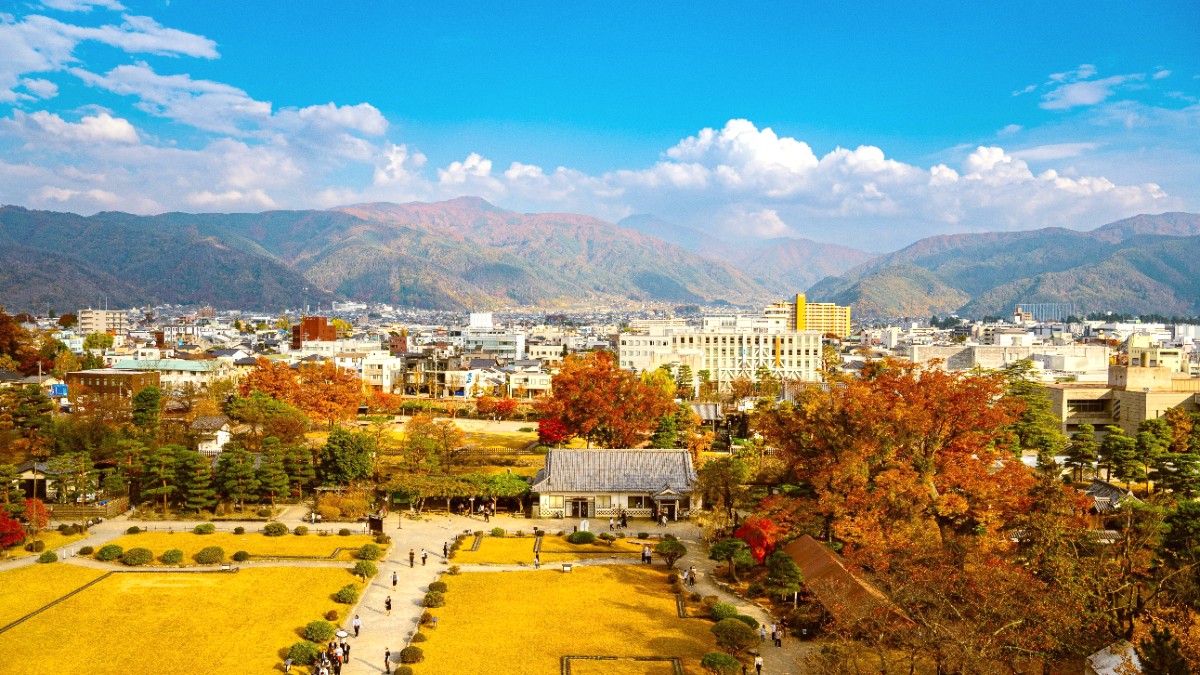
South Of Tokyo, Japan
Prepaid data-only SIM cards are available at major airports (Narita, Haneda) and large electronics stores in Tokyo/Yokohama. Mobile phones typically require unlocking before SIM card purchase.
Wi-Fi is widespread in hotels, cafes, major train stations, and some public areas. Renting a pocket Wi-Fi device is a popular option.
Japanese is the official language. English proficiency varies. Staff in tourist-oriented establishments and younger generations often have some English skills.
Japanese Yen (JPY) is the currency. ATMs at convenience stores (7-Eleven, Lawson, FamilyMart) and post offices are often available 24/7 and accept international cards.
Interacting with respect for local culture enriches your experience.
Bowing is a common form of greeting. A slight nod is generally sufficient for tourists. "Konnichiwa" is a standard verbal greeting. Effort is appreciated.
Generally modest dress is expected. For temples and shrines, it is respectful to have shoulders and knees covered. Casual wear is fine for general sightseeing.
Do not stick chopsticks upright in rice (funeral ritual). Do not pass food from chopstick to chopstick. Slurping noodles is acceptable. Tipping is not customary.
Always ask permission before taking photos of people, especially close-ups. Many temples and shrines prohibit photography inside certain halls or of specific artifacts.
Avoid speaking loudly on public transport or in quiet areas. Do not litter; carry trash until a designated bin.
Regularly check official websites for the latest opening hours and service information, especially for smaller establishments.
Familiarity with typical operating hours ensures a smoother travel experience.
Shops generally operate 10:00-20:00. Department stores and larger shops adhere to these hours.
Temples and shrines generally operate 8:30/9:00 to 16:00/17:00. Last entry typically 30 minutes before closing.
Banks typically operate Monday-Friday, 9:00-15:00. ATMs at convenience stores and post offices are often available longer.
Japan is generally a conservative society. Major cities and tourist areas are typically accepting and welcoming to all travelers.
Kamakura has clinics and hospitals. For serious emergencies, seek assistance at larger medical facilities in Yokohama or Tokyo.
Enhance your journey with these practical considerations.
Japan's public transport system is efficient and punctual. Familiarity with train lines and routes is beneficial.
Japanese Yen (JPY) is the official currency. Credit cards are widely accepted in major establishments.
Access to internet enhances navigation and communication. Wi-Fi is widespread, but personal devices provide constant access.
Japan is a very safe country with low crime rates. However, general precautions are always advisable.
Enhance your journey with convenient airport services.